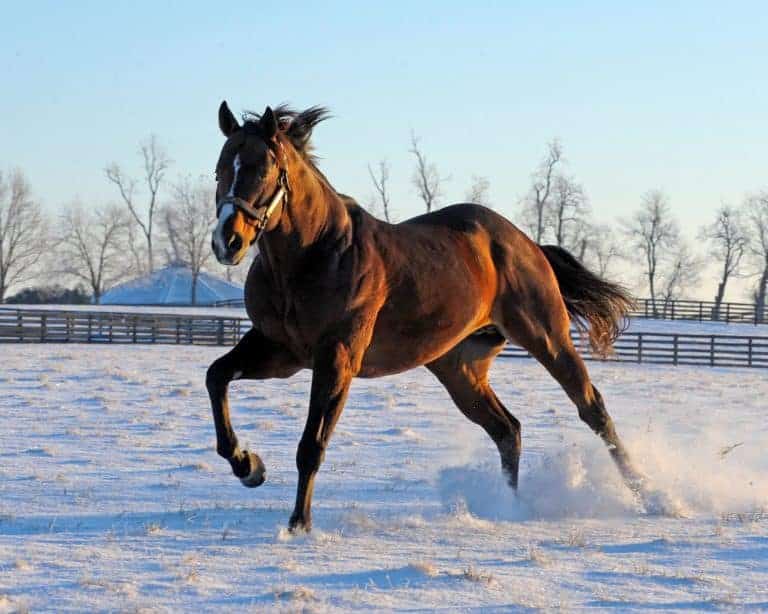EHV-1 in the United Kingdom
Several regions of the United Kingdom have been fighting the neurologic form of equine herpesvirus type 1 (EHV-1). At least 12 horses have been euthanized due to advanced neurologic deterioration resulting from infection. According to the British Horse Society (BHS), there are currently no horse movement restrictions imposed by the United Kingdom’s Department for Environment, Food and Rural












